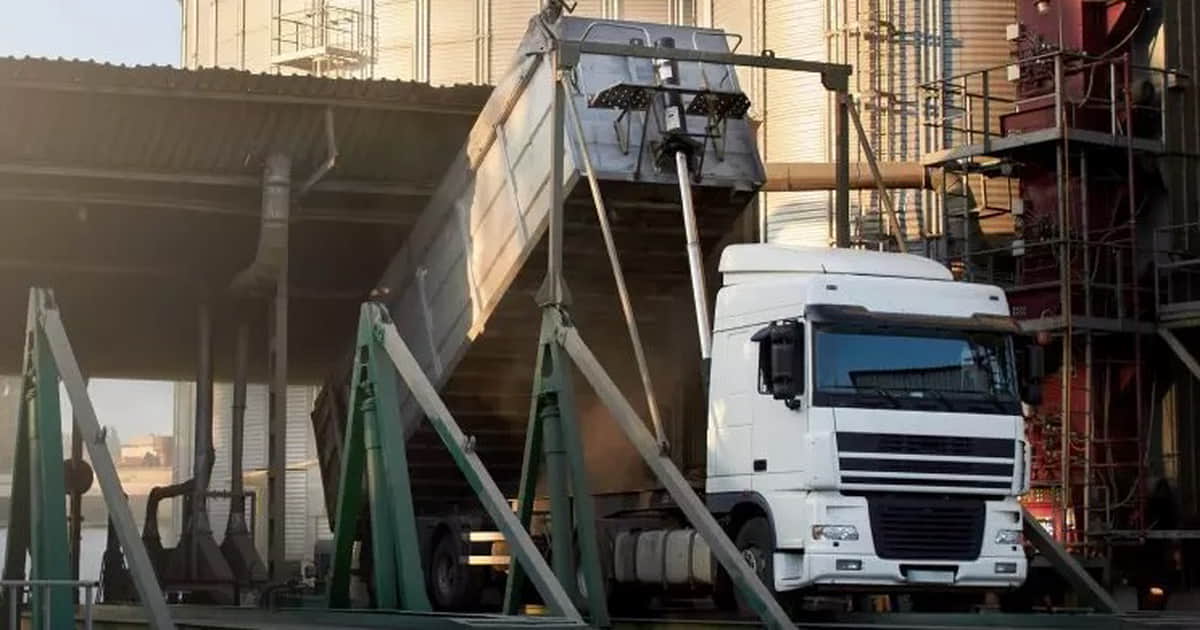How EU-Ukraine solidarity lanes helping Ukraine integrate with EU

The full-scale war has led to new formats and tools of cooperation between Ukraine and the EU. Some of them are transforming from crisis response tools of the EU into long-term and ambitious frameworks for Ukraine's European integration. The EU-Ukraine Solidarity Lanes project is no exception and was launched by Ukraine and the EU in March 2022 in response to the blockade of Ukrainian ports.
This temporary EU project has become a tool that ensures real EU integration of Ukraine, according to Maryna Rabinovych, a senior lecturer at the Department of International Relations at NaUKMA - More than Temporary Measures: What EU-Ukraine Solidarity Lanes Project Means for Ukraine. The author reminds us that from the very beginning of the full-scale invasion, Russia's aggression against Ukraine included the blockade of Black Sea ports, leading to sharply increased grain prices worldwide. The famous "grain deal" involving Ukraine, the UN, Turkiye, and Russia, despite Russia's constant manipulations, prevented a deepening food crisis and lasted from July 2022 to July 2023.
"As of October 2023, Ukraine has managed to restore exports from three ports through a new corridor leading to Turkiye through the territorial waters of Bulgaria and Romania," Maryna Rabinovych notes. However, maritime routes are not the only way Ukrainian grain reaches world markets, the expert adds. According to her, EU-Ukraine Solidarity Lanes are gaining more significance.
In her words, measures to increase the export of Ukrainian grain across EU countries began in March 2022. The European Union then identified a series of obstacles to grain exports and proposed a range of emergency measures for exporting Ukrainian grain through the EU-Ukraine Solidarity Lanes. Some of these measures were purely technical, Rabinovych notes.
For example, a call for private players to increase the amount of technical equipment for transporting and handling goods while others contribute to Ukraine's long-term EU integration. "The EU-Ukraine Solidarity Lanes initiative, and especially its impact on Ukraine's European integration, should be considered from a multidimensional perspective," the columnist advises. Indeed, EU measures to eliminate tariffs on as many Ukrainian goods as possible and support programmes for the private sector and farmers help realise the full potential of the initiative.
Furthermore, according to the expert, EU-Ukraine Solidarity Lanes contain aspects that promote both European integration and the strengthening of Ukraine's economy. These include the liberalisation of road transport and the push for Ukraine and Moldova to integrate into the Trans-European Transport Network (TEN-T). Maryna Rabinovych is confident that integration into the Trans-European Transport Network (TEN-T) will allow Ukraine to attract investment and create new jobs while contributing to the EU's multilevel response to economic challenges related to Russia's invasion of Ukraine.
In her opinion, a good illustration of this recent thesis is the recent opening of the facility for Ukraine, Connecting Europe, created in 2014 to invest in projects related to transport, infrastructure, digitisation, and telecommunications.
The investment within the fund can reach 33 billion euros, supporting the integration of Ukrainian logistics routes into TEN-T and the development of their capacity, which is currently particularly relevant for the Danube ports.
If you notice an error, select the required text and press Ctrl + Enter to report it to the editors.